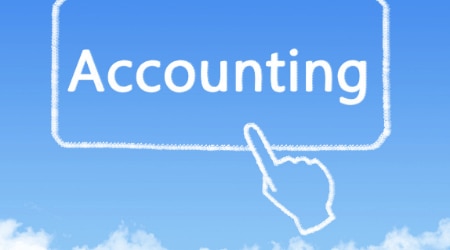How is my data protected in the cloud?
Cloud vendors such as QuickBooks employ several data security techniques to keep your data safe.
Some of the cloud security techniques that are employed to keep your data safe include:
Physical security of cloud servers
Copies of all your data files are typically stored in more than one geographic location so customers can maintain reliable access in the event of a fire, flood, or natural disaster that impacts a building full of servers. Cloud security protects physical devices created to house information while keeping it accessible at a moment’s notice.
Compliance with data security regulations
Organizations entrusted with their customers’ sensitive financial information have no margin for error and are required by law to protect data as fiercely as the banking industry.
The American Institute of Certified Public Accountants (AICPA), for example, created a set of international service organization-reporting standards known as SSAE 16 and ISAE 3402 to protect data in the cloud.
When choosing a cloud accounting software for your business, ensure your provider employs data security safeguards to keep your data stored securely in the cloud.
Encryption technology
Cloud accounting data is at its most vulnerable when moving between storage servers and your computer or application. Cloud storage providers encrypt the data while it’s traveling back and forth by encoding it in ways that make it unreadable unless the recipient system has the key that unlocks the code. Most modern cloud-based platforms have decryption features built right into the platform.
Password-protected log-ins
Access to cloud-based accounts is secured through password-protected logins to prevent unauthorized access to your information.
Automatic data backup
Cloud security ensures automatic data backup so you don’t have to worry about storing physical copies of your data or unexpected loss of data as a result of natural disasters or theft. Your data is instantly accessible from your internet-connected device.
Activity logs
Many cloud software applications offer activity logs and revision history to keep track of activities and changes made to your data. This means you can trace back to any errors and uncover potentially harmful activity to maintain data integrity.
Learn more about how QuickBooks cloud accounting software uses security safeguards to keep your data safe in the cloud.















